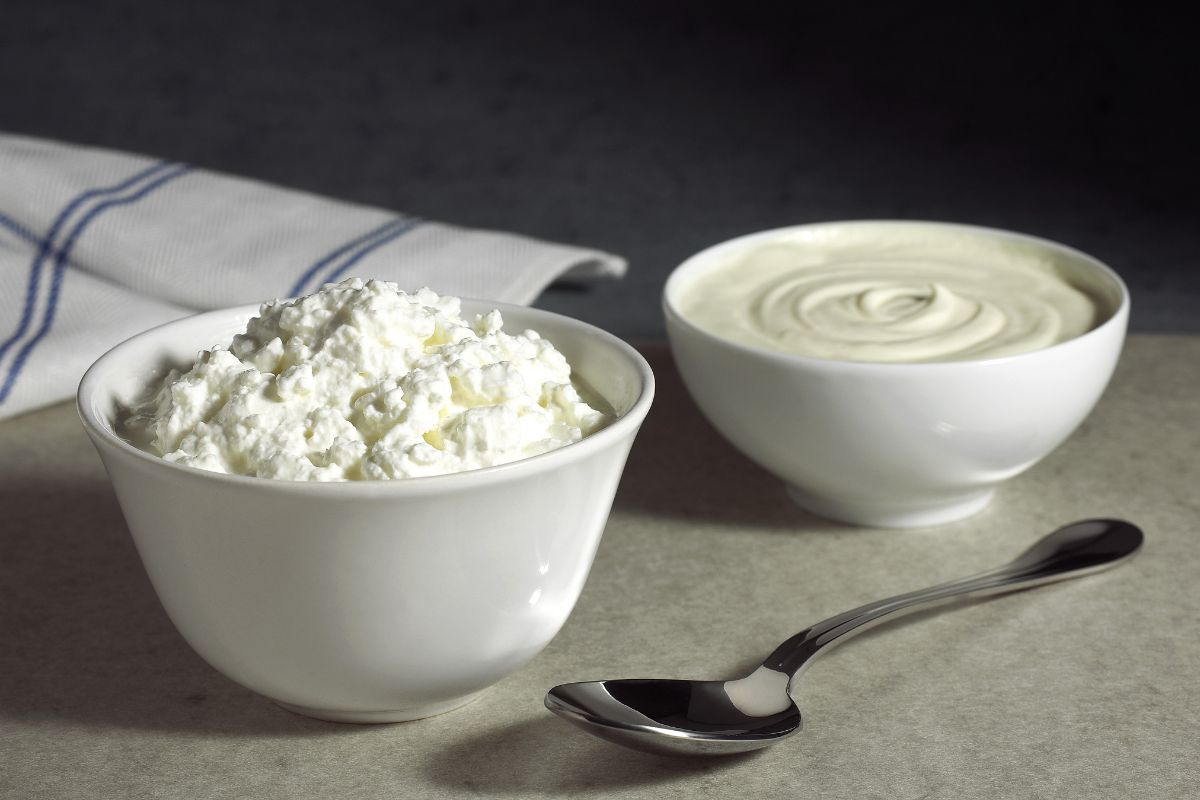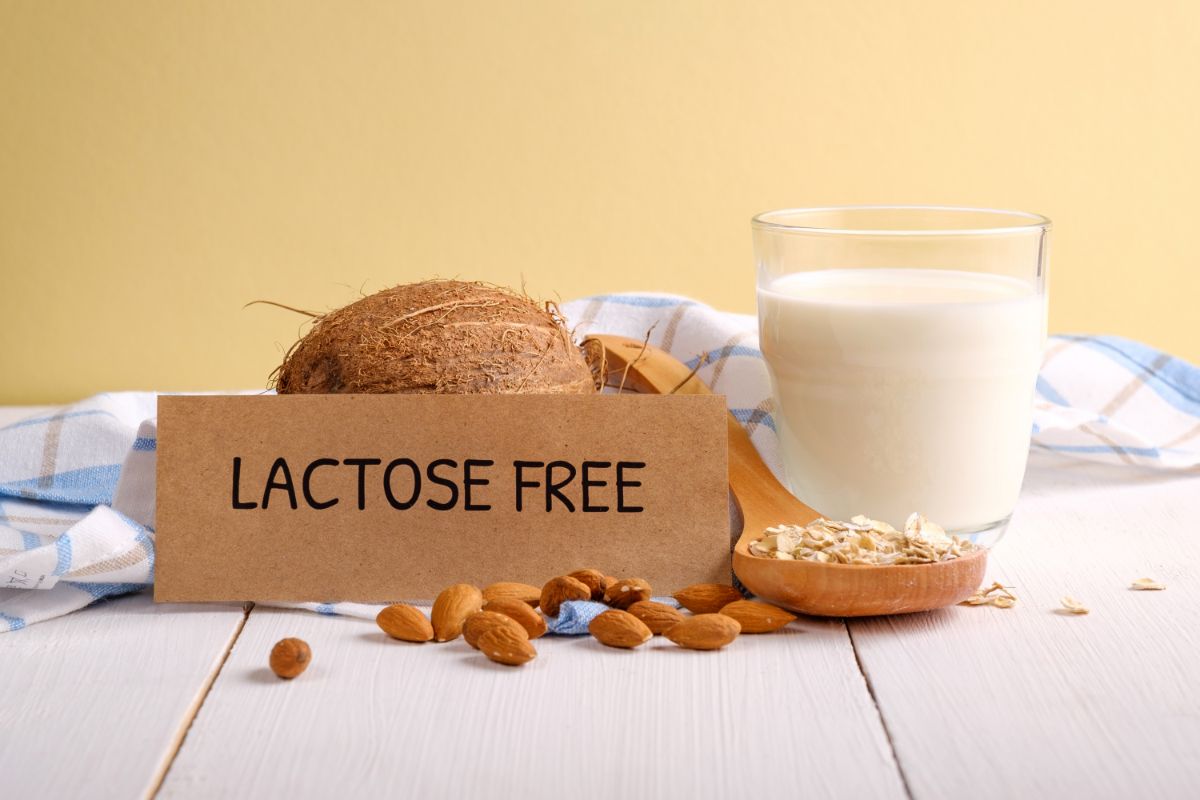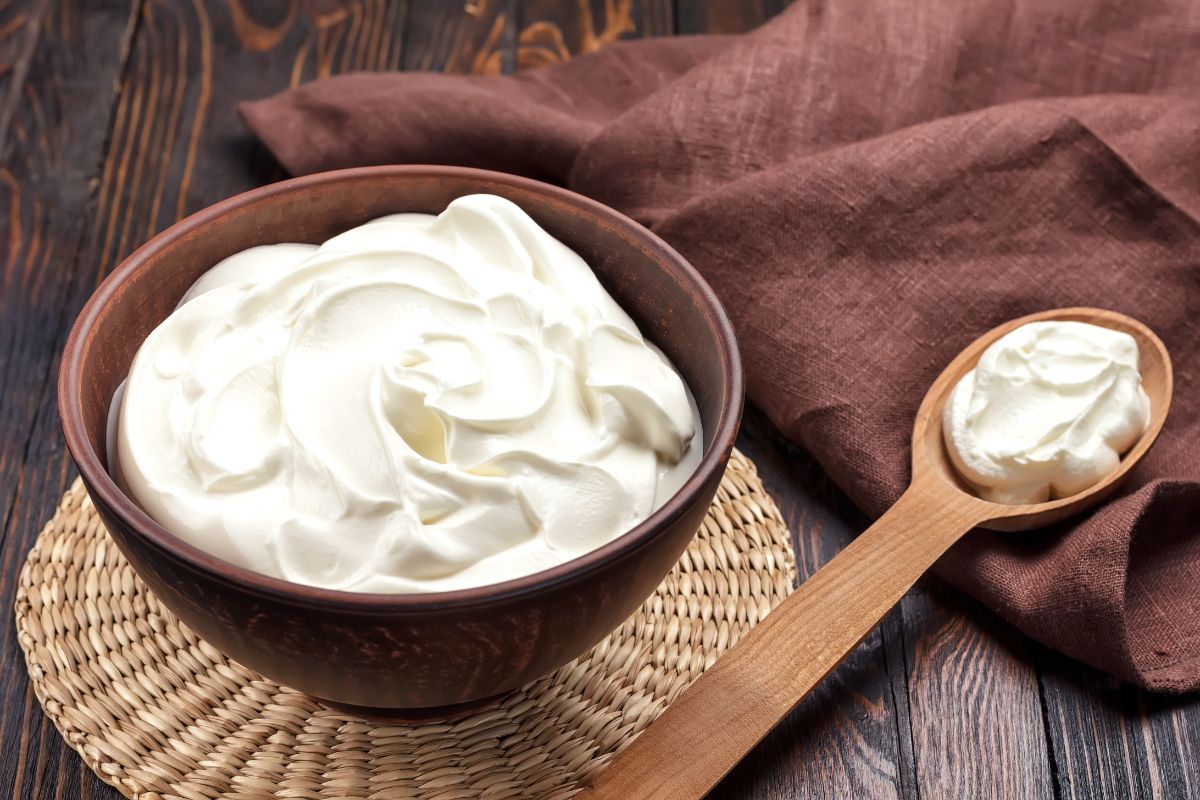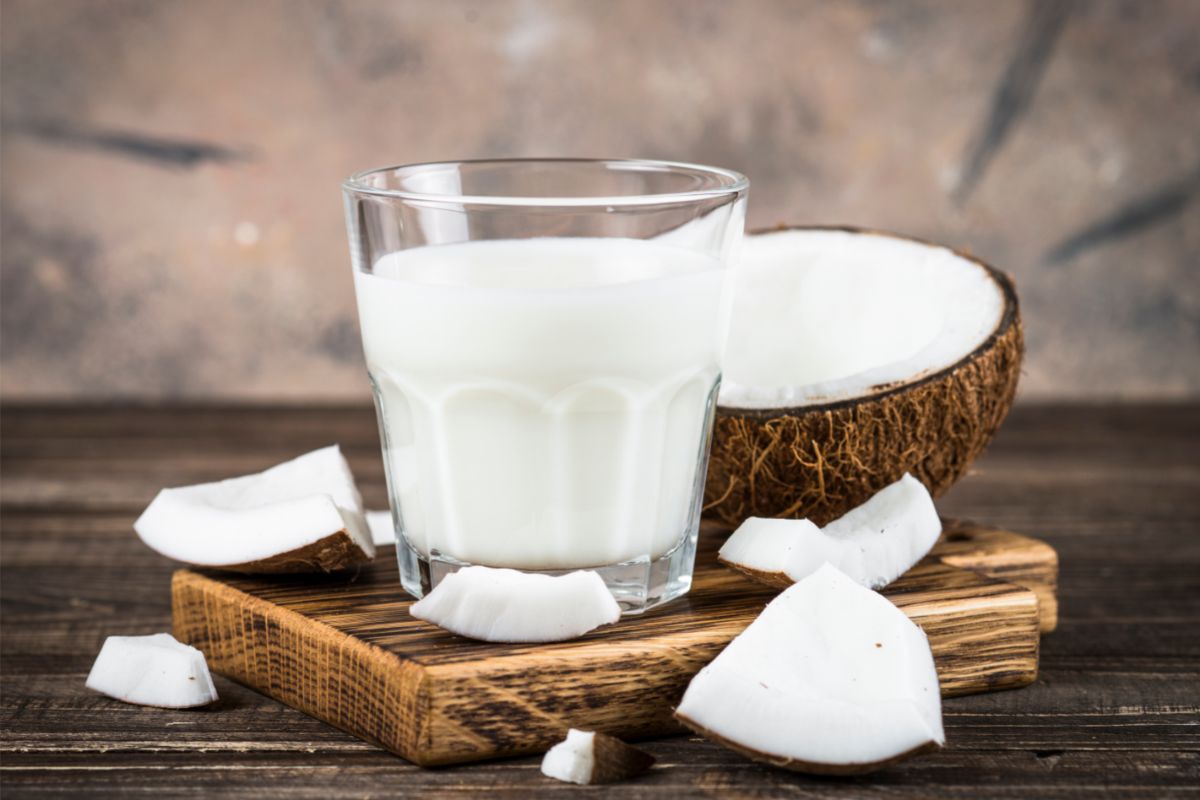If you love to eat dairy but are sensitive to lactose, you may be wondering if whipped cream contains lactose. This is a common question as many people need to avoid consuming too much lactose.
Lactose is a component of dairy products that has a strong tendency to cause stomach upset and intestinal discomfort in humans. This is because some people have trouble processing lactose, leading to a variety of side effects.
This is very uncomfortable, and many people avoid lactose to avoid having to deal with the side effects. But that can feel tricky at times, depending on the type of food you’re preparing and the ingredients you need.
Whipped cream, for example, is a common ingredient that’s featured in many different recipes. Read on to find out if cream contains lactose and if you can substitute something else for cream.
Heavy cream is low in lactose
If you’re sensitive to lactose in milk, you might be wondering if whipped cream contains lactose. Unfortunately, whipped cream does contain lactose, although it only contains a small amount, which can be a good thing for most people.
It is estimated that whipped cream contains only 0.5g of lactose per tablespoon. That’s actually quite reasonable considering how much lactose other types of dairy products have.

The only problem is that most recipes that call for cream call for much larger amounts than just a tablespoon. For this reason, many people with a lactose sensitivity still have to avoid whipped cream.
Adding 1 tablespoon of heavy cream to your latte or coffee in the morning will most likely not cause any problems. But if you’re making a soup recipe or whipping cream that calls for a cup or more of heavy cream, that can be unrealistic.
Therefore, the majority of lactose-free people still avoid whipped cream, as the amount of lactose quickly adds up. This leads to an upset stomach and many discomforts if you consume too much lactose.
This is something you need to keep in mind when looking at different dairy products as you need to consider both the amount and amount of lactose. You may also find that you are more sensitive to certain types of dairy products for various reasons.
There is no one size fits all for people who are sensitive to lactose, so you need to do what works for you.
Heavy cream can be substituted
While you may not be able to consume cream due to the lactose, that doesn’t mean you don’t have options. There are many substitutes you can make when a recipe calls for cream.
This is a great option if you still want to prepare certain recipes but don’t want to risk lactose. This is a route many people take to keep their lactose intake down while still enjoying creamy dishes.
If you often try to substitute whipped cream, there are several alternatives you can use. Some of these can be purchased from a store, or you can make some at home with what you have on hand.
Non-Dairy Cream
The good news for those who are lactose free is that there are some limited non-dairy cream alternatives on the market. Some non-dairy brands have branched out and created their own whipped cream substitutes for customers.
These are usually made with a mixture of non-dairy milk and other additives to create something very similar to heavy cream. They don’t contain lactose like regular dairy, but still offer the rich creaminess you’re looking for.
Some of these whipping cream substitutes can even be whipped like regular whipped cream. This makes them the perfect substitute when trying to make homemade whipped cream that you can dip strawberries into or top a cake with.
This is the only type of substitute you can use to do this, as homemade substitutes for whipped cream don’t whip up. So this is something to keep in mind when looking for a lactose free alternative to heavy cream.
Non-Dairy Milk
Some people also opt for non-dairy milk when a recipe calls for cream. This is a great alternative that is simple and effective without the suffering of adding lactose to your meal.

This gives certain dishes a creaminess they wouldn’t otherwise have, but it doesn’t get quite as creamy as heavy cream. So using a non-dairy milk alternative only works in certain recipes.
The best option would be to use soy milk, which has a thicker and creamier consistency. This will help add a richer and creamier texture to dishes like creamy soups.
sour cream
Sour cream is a common alternative that people with lactose intolerance use in their recipes. Although sour cream is made from dairy products, it contains very little lactose compared to whipped cream.

Sour cream is also rich and creamy, helping you achieve the creaming that heavy cream would give you. It’s also easy to mask and a variety of recipes without necessarily acidifying them.
This is a great cream alternative in desserts and a variety of savory recipes. Overall, it’s one of the most reliable cream substitutes that doesn’t give you too much lactose.
coconut milk
Coconut milk is a common non-dairy milk alternative used by those avoiding dairy or lactose. Coconut milk is naturally very thick and creamy with a rich consistency.

It’s high in fat, just like whipped cream, giving you that richness without the lactose. Canned coconut milk works best for this as it will be much richer and thicker in your recipes.
Keep in mind that this will add a significant amount of fat to what you’re putting in. And those with a nut allergy should not consume coconut milk since coconut is a nut.
If you don’t have a non-dairy cream alternative or sour cream, canned coconut milk is the next best option. Especially if you are looking for realistic results.
Why you should avoid lactose
It’s very common for people to avoid lactose, as it’s a component of dairy products that many people find difficult to digest. Lactose is quite difficult to digest, and some people may have more trouble with it than others after eating dairy products.
If you are lactose intolerant or sensitive to lactose, you will most likely experience discomfort when consuming dairy products. This usually takes the form of stomach problems, bowel changes, or general discomfort after consuming dairy products.
This is fairly common in humans and some may not even know they are sensitive to lactose. It’s not usually severe, but it causes enough discomfort that the majority of people try to avoid lactose if they are sensitive to it.
